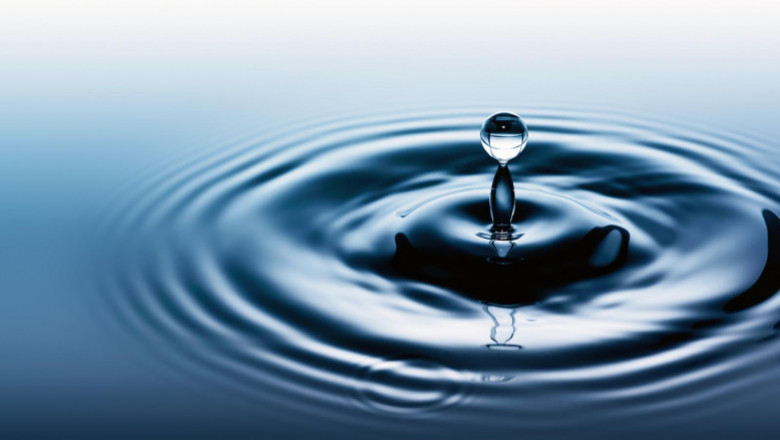views

Water: The Lifeline of Earth
Water is one of the most essential and valuable natural resources on our planet. Covering nearly 71% of the Earth's surface, it plays a crucial role in sustaining life, regulating climate, and supporting ecosystems. Whether it's for drinking, agriculture, industry, or hygiene, water touches every aspect of human existence.
Importance of Water in Daily Life
Water is vital for all living beings. Humans can survive for weeks without food, but only a few days without water. It helps in digestion, regulates body temperature, transports nutrients, and removes waste from the body. In homes, we use water for cooking, cleaning, bathing, and washing.
In agriculture, water is essential for growing crops. Without it, food production would come to a halt. Irrigation systems depend on a steady supply of water to keep fields fertile and productive. Industries also rely heavily on water for manufacturing, cooling, and processing.
Water and the Environment
Water supports entire ecosystems. Lakes, rivers, oceans, and wetlands are habitats for countless plant and animal species. Healthy water bodies maintain biodiversity and help in balancing the Earth's natural processes like the water cycle and weather patterns.
Forests, wetlands, and grasslands all depend on water availability. When there is too little water, droughts can cause crops to fail, rivers to dry up, and wildlife to suffer. On the other hand, too much water can lead to floods, damaging homes and infrastructure.
Challenges in Water Availability
Despite its abundance, clean and safe water is not available to everyone. Many regions around the world face water scarcity due to overuse, pollution, and climate change. Rivers and lakes are being contaminated with chemicals, plastics, and waste, making them unsafe for consumption.
Groundwater levels are also depleting in many areas due to excessive pumping and poor management. Climate change is causing more irregular rainfall, melting glaciers, and extreme weather, affecting water sources globally.
Saving Water: A Shared Responsibility
To ensure water is available for future generations, everyone must do their part in conserving it. Simple steps like fixing leaks, using water-saving appliances, turning off taps when not in use, and recycling water where possible can make a big difference.
Governments and organizations must invest in better infrastructure, promote rainwater harvesting, and support clean water technologies. Public awareness is also key to encouraging responsible water use.
Conclusion
Water is not just a resource—it is life. We must treat it with respect and care to ensure it remains available for all living beings. Whether it's for health, environment, or survival, water’s importance cannot be overstated.
For more educational content and insights on sustainability and technology, visit Hexadecimal Software, a platform dedicated to sharing knowledge that empowers people and communities.














Comments
0 comment